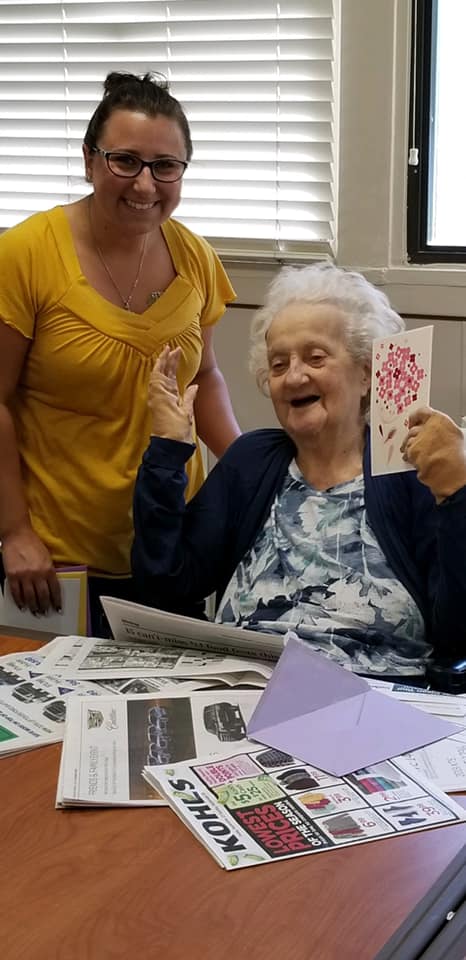‘What do you want to do tonight?” It’s that dreaded question that makes some people shake in their shoes.
Oh, the possibilities! Do we want to go out or stay in? Do you want to spend your time catching up with family and friends or finally clean out that closet that really needs it?
This question has been the beginning of some great adventures and, unfortunately, the end of some relationships. How are you going to spend your time?
For some, it’s fun weighing the options, seeing what is out there or trying something new. But for others, their options are not so open. There is a part of our population whose lives don’t change. They are the homebound and isolated who don’t have the choices most of us do.
There are many reasons why someone could become homebound, isolated or have a limited social life. Some people experience health issues that make them hesitant to leave their home for any length of time. Others may experience deterioration of their eyesight or hearing that can lead them to avoid social situations out of frustration or embarrassment. There are also some who just don’t have family or friends close by to talk to or go out to visit.
Think about the people around you, your family, your neighbors. Is there someone that stays just on the edge of everything, there, but not really participating in life?
What about the person down the street you only see when they go out to get their mail, or your great-aunt you only see on holidays? Are they well? Are they lonely? How many times do you see someone and say a short “hi,” not realizing it was the only interaction that person had that day?

Humans are, by nature, social creatures. Someone’s “well-being” is a balance of social, emotional and physical health.
So, how can we reach out to people who may be isolated or need help? The easiest and best way might be to start with your own neighbors. Reach out to those who may be struggling, and make sure they are safe and well. You can also offer to check in on them each week, providing them with a connection and something to look forward to.
At the Area Agency on Aging we started the Friendly Caller Program at the beginning of the pandemic. We have volunteers who call homebound and isolated people once or twice a week and just have a conversation with them. They are making connections with regular, ongoing socialization and are offering the opportunity for someone who is homebound to meet and converse with new people in a safe and comfortable environment.
AAA has also had the great opportunity to provide robotic Companion Pets to some of our homebound clients. These pets are lifelike, soft and even responsive to touch. The comments from some clients include words like “life-changing,” “a true gift” and “what a comfort.”
Taking care of an animal (even a robotic animal) can elevate senior isolation and loneliness. These pets can serve as a comforting presence during long days, and as an icebreaker to make it easier for seniors to initiate a conversation with a stranger.
This pandemic has emphasized how isolation or limited contact with others can really take its toll on the human spirit. But it has also shown us the depth of compassion that’s in some people’s hearts.
If you’re wondering who those “some people” are – they are you. You are the hero that someone is waiting to hear from. Your kind words are the “something” that will keep someone going for just a little while longer. Your smile is the light that someone needs in their day.
So I will ask the question again, “What do you want to do tonight?”
